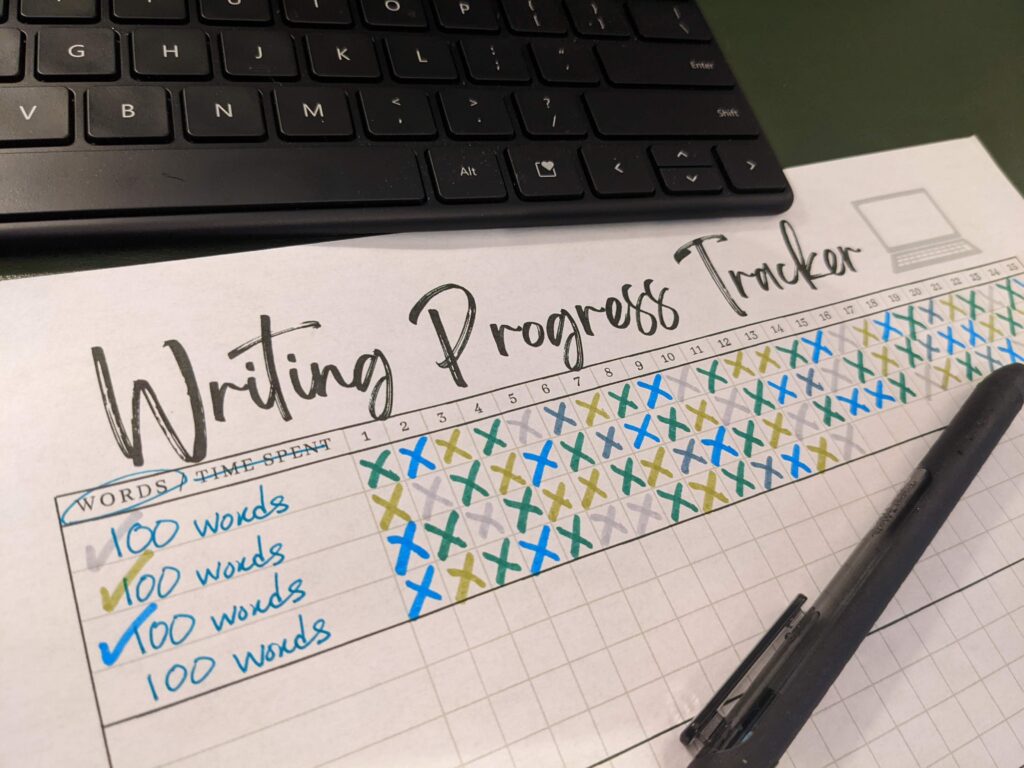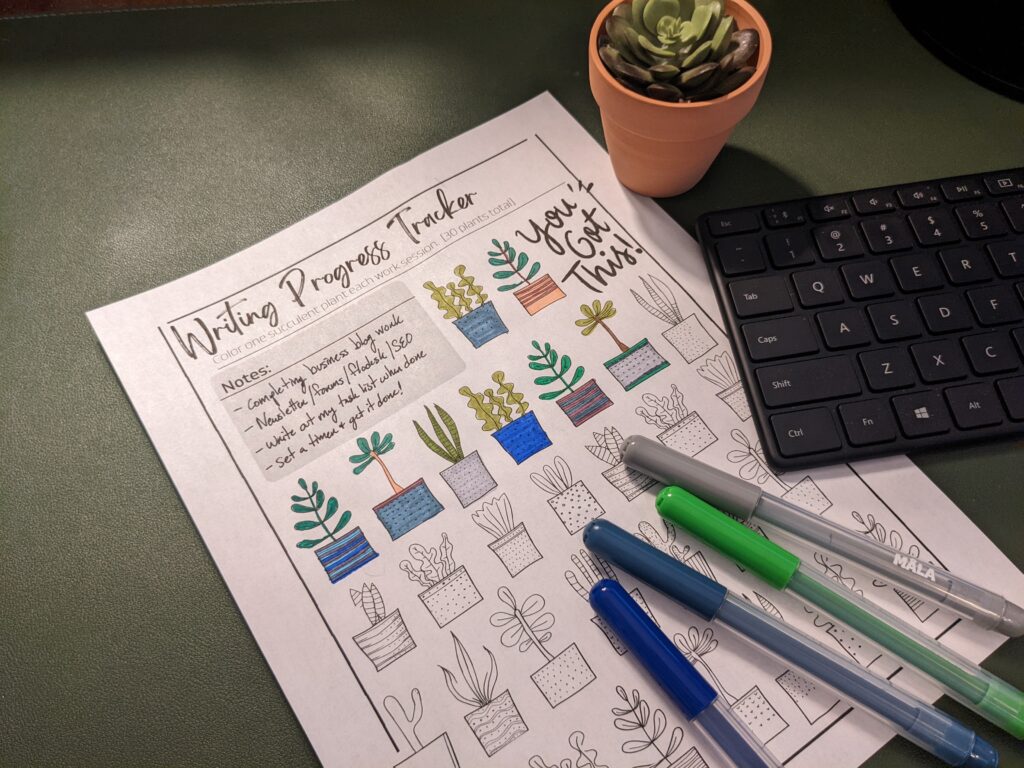Reed sat with me in my quiet kitchen over muffins and tea. We talked about creating structure and putting in the work. She needed to go upstairs and pack her suitcase, but I kept her at the counter asking more questions and taking notes…🙂
(I love talking with writers about the craft. I have so much to learn!)
Different approaches to writing:
We all come to writing with different experiences and with different goals. I find it fascinating to learn about how other people approach getting words on the page. The craft of writing is wildly diverse. In my conversation with Reed she shared these terms that were completely new to me.
“Pantsing” – flying by the seat of your pants, jumping in
This is just sitting down to write with nothing but a vague idea in your head. They jump in and discover it all as they go. They write their way into the structure and discover the story as they write it.
This is fascinating to me. I would say in most things I am more structured. I enjoy organization, spreadsheets, and outlines. Reed shared that when she began writing fan fiction she approached it with this style. Nowadays, she leans towards a more structured method.
“Plotting” – creating structure before you write
Plotting is any prep work you do for your novel. It does not have to be a detailed outline like a college English class. You do not need a thesis. It is simply doing structure work before you start writing.
Tolkien is a great example of a plotter. He wrote complicated languages and did extensive planning ahead of time. He wrote with such detail about the structure of the world that Christopher Tolkien was able to finish the work after his father’s passing.
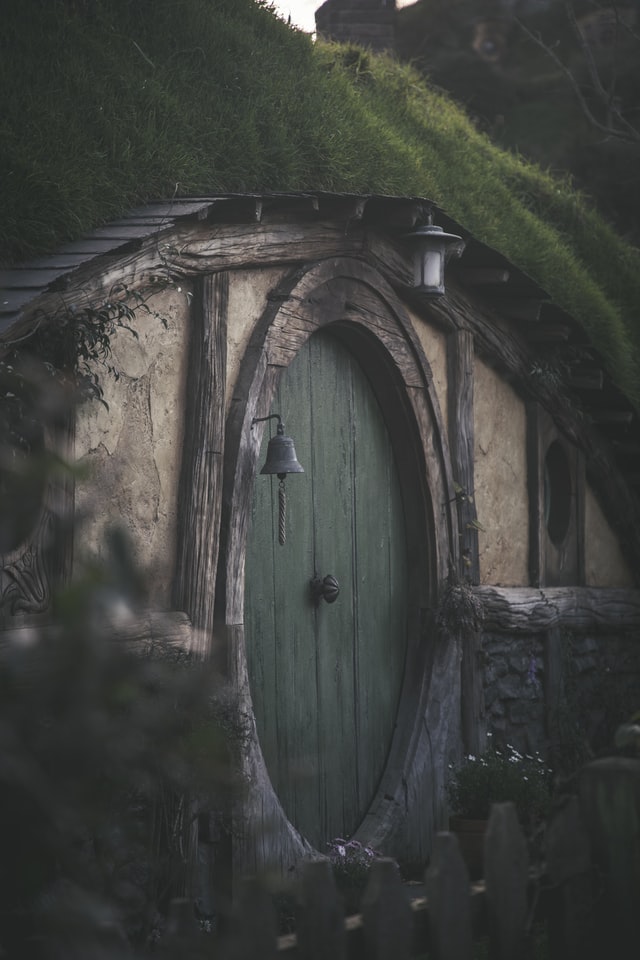

More Resources about how to Plot –
Save the Cat – an excellent site with lots of resources
STORY GENIUS: How to Use Brain Science to Go Beyond Outlining and Write a Riveting Novel (Before You Waste Three Years Writing 327 Pages That Go Nowhere)
The Snowflake Method is methodically expanding each scene (or one chapter) at a time. Like the fractals in a snowflake, you expand outward with detail. Reed talked about how she uses this method to slowly build out the structure of a fantasy story.
“Plantsers” – a combo of Plotting & Pantsing
The middle of the road can be using the planning as a loose guideline. In this method the writer outlines and sets some directions for the work to go. Just an overarching list of where they are headed. Then they write their way in and see where it takes them.
More Resources:
This article shares more about these ideas: thewritepractice.com/plotters-pantsers/
Here is another way to approach it:
Here’s What Both Pantsing and Plotting Miss: The Real Story By Lisa Cron
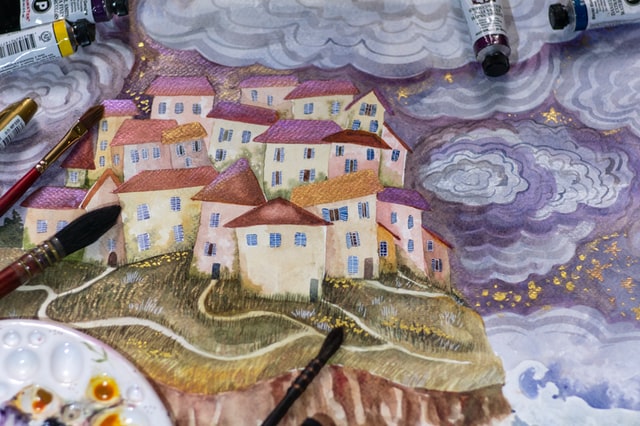
We all want to make progress in our writing no matter our tendencies.
So how can we do that without getting caught up in performance and outcomes?
Reed has two brilliant solutions for you: Progress Trackers and Accountability
Progress Trackers!
Progress trackers can be used to track progress without having an expectation of a specific outcome.
Reed fills in squares on a page for each chunk of 100 words written. She has a separate page for squares for novels and pages for all other short fiction. A page can also be for tasks and work that are not specifically writing.
- Check out this article in Reed’s blog: https://reedmingault.wordpress.com/2022/01/05/reed-in-the-new-year/
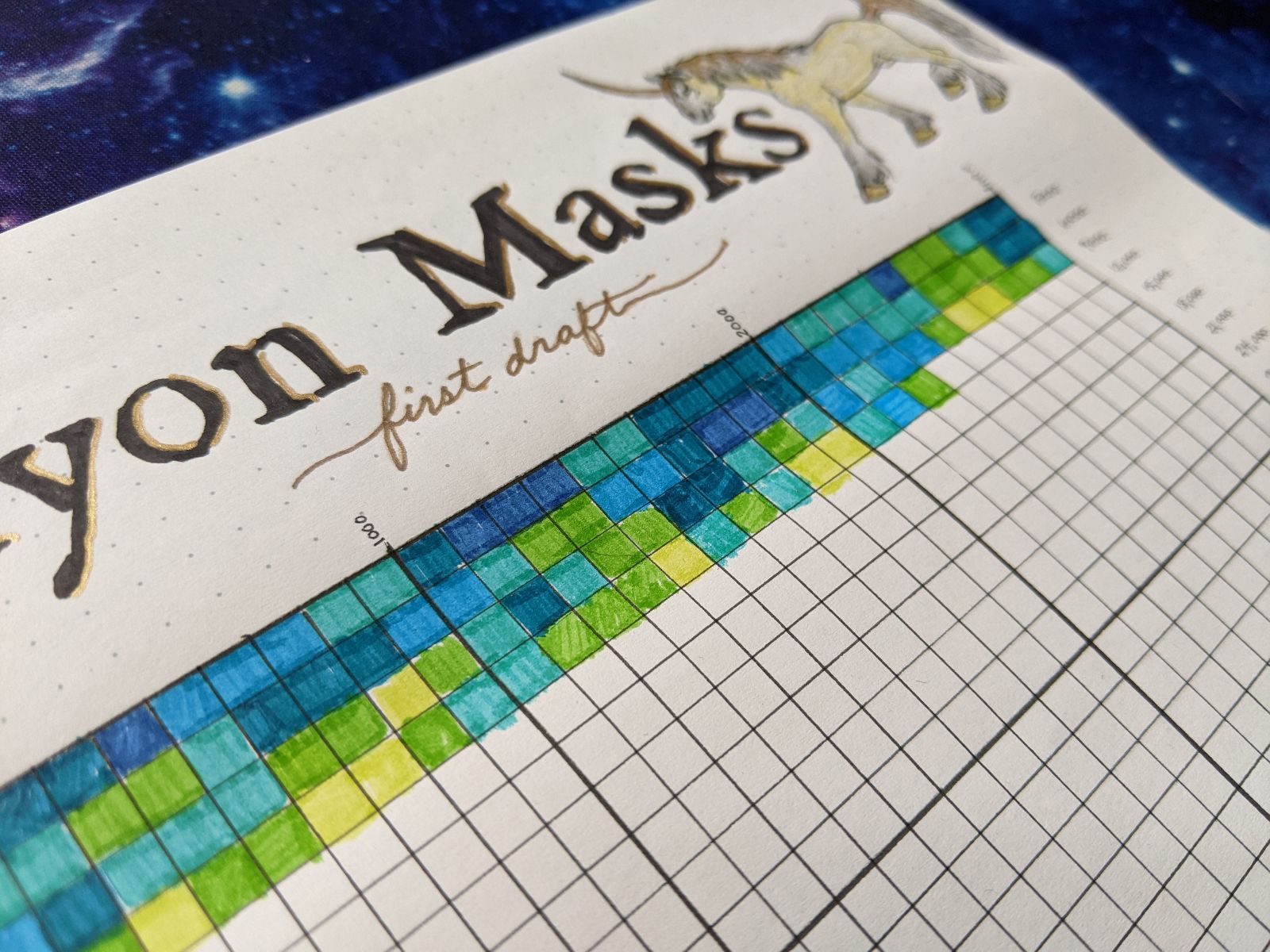
After that conversation, I was inspired to create some habit tracker charts of my own. I have some to share here with you. (See below for downloads)
Accountability in Community
Reed’s number one recommendation is: find your people!
Camp #NaNoWriMo in April & June and also the more well known #NaNoWriMo in November are great sources for encouragement and community, and often accountability.
She also referenced the Lady Astronaut Club and Mary Robinette Kowal’s Patreon. (The nicest corner of the internet!)
Classes, group Zoom class, co-working sessions, and encouraging comments from other writers keep us going. We all need the camaraderie and kindness from others to keep moving forward. Writing can feel lonely. Finding a community of serious writers for feedback is essential to a writing life.
A Finding Community Check List –
- People taking it seriously.
- Look for those who are approaching their writing in a similar way. There is a big difference in daily routines and work sessions when you compare a hobby writer with someone working on writing professionally.
- There is absolutely nothing wrong with just writing for fun. But if you are serious about it, and about being published, then finding others with the same drive is very helpful.
- Have feedback from people who care about what they are doing.
- Get feedback from others who are passionate about their work and your genre.
- Make sure they are making something too. Fellow creators are who you want to listen to and encourage in turn.

I was reminded in our recent conversations how many different approaches a writer can take. How our personalities, neurodiversity, and lifestyles can change how we get the work done.
We hope this brings you new ideas and perspectives no matter where you are, however you approach writing, and whatever your obstacles are. Know that you are not alone in this journey!
Tell us what has worked for you.
- Are you a Plotter? Do you enjoy planning ahead and laying out the outlines and structure?
- Do you fly by the seat of your pants? Do you dive in and see where the words take you?
- Are you a combination of both? What does that look like?
In whatever unique way you choose to approach your writing, keep making progress! We are cheering for you!
Happy Writing!! – April & Reed
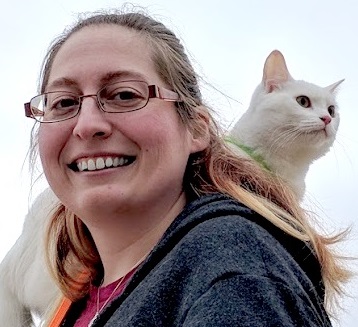
Visit her author page to see what she is up to lately!
Author Bio: https://reedmingault.wordpress.com/
Photo by conner bowe, Elena Mozhvilo, Chris Montgomery, Christin Hume & Liam Truong on Unsplash
After that conversation, I was inspired to create some habit tracker charts of my own. So after spending some time in Canva, I have some to share here with you. (See below for downloads)
Here are all of the articles in this writing series:
– Series Intro: Conversations About Writing with Reed Mingault
– Resources for Fiction Writers
– Plotting, Pantsing & Progress Trackers
– Writing: From Drafting to Publication
– Words Have Power (written by Reed)

Everything we are sharing in these articles is what we have learned from others. Think of these as a curated list of resources that we have tried and found value in. Sharing knowledge contributes to the writing community.

